In a smart city, Infrastructure & Smart Technology integrates AI, IoT, and automation to enhance urban living. Here’s how these technologies optimize a smart city’s operations:
AI-Driven Urban Management
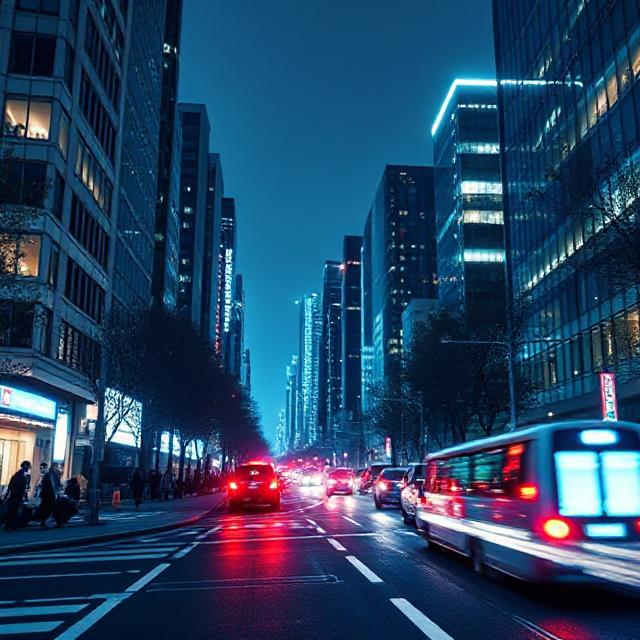
Traffic Optimization: AI-powered traffic lights and smart roads adapt to real-time conditions, reducing congestion and emissions.
Predictive Maintenance: AI detects infrastructure wear and tear (bridges, roads, power grids) before failures occur.
Public Safety: AI-driven surveillance and facial recognition improve law enforcement efficiency.
IoT for Real-Time Monitoring & Control
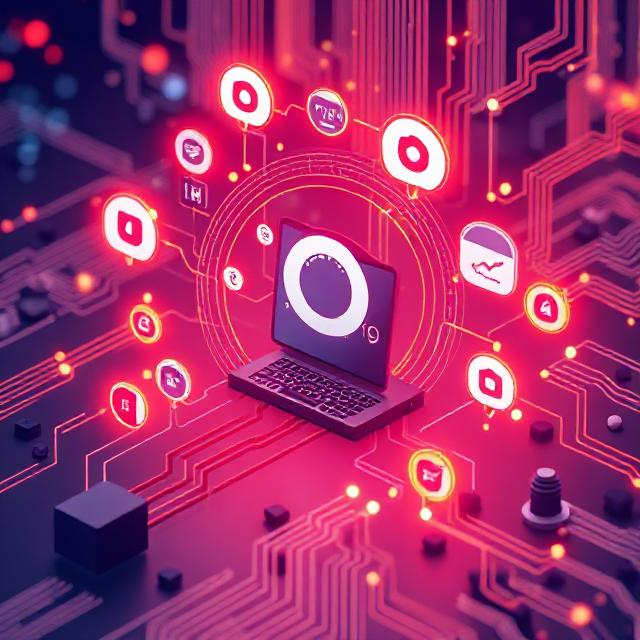
Smart Energy Grids: IoT-connected meters and grids manage energy distribution efficiently, integrating renewable energy sources.
Water & Waste Management:
Smart sensors detect leaks, optimize water usage, and automate waste collection.
Smart Homes & Buildings: IoT-enabled automation controls lighting, HVAC, and security, reducing energy waste.
Automation for Seamless Urban Services
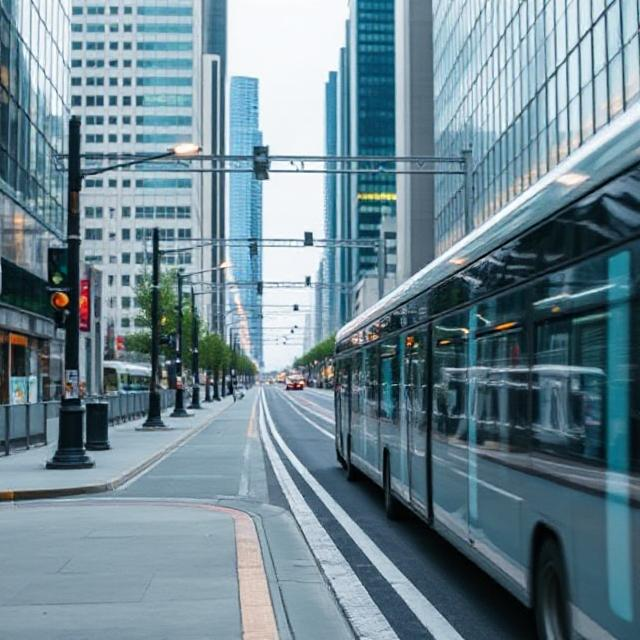
Autonomous Public Transport:
Self-driving buses and ride-sharing optimize routes, reducing traffic and pollution.
Automated Waste Collection: Smart bins signal collection trucks when full, reducing unnecessary trips.
E-Governance: AI-powered chatbots and automated services streamline government-citizen interactions.
Smart Healthcare & Emergency Response
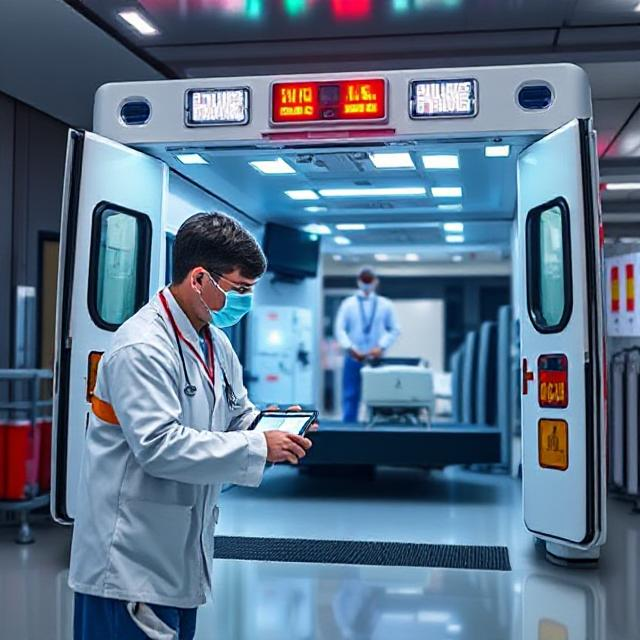
Remote Health Monitoring: AI-powered wearables track health data and alert medical professionals in emergencies.
Automated Emergency Services: Drones and AI-driven dispatching systems improve response times for medical and fire emergencies.
Economic & Industrial Optimization
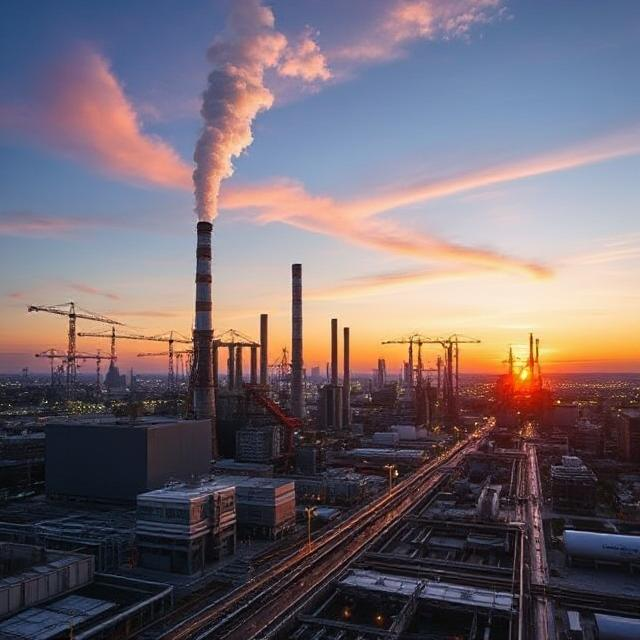
Smart Manufacturing & Supply Chains: AI and IoT improve efficiency in local industries, reducing costs and waste.
Digital Twins: Real-time simulations help city planners optimize new infrastructure before physical implementation.
